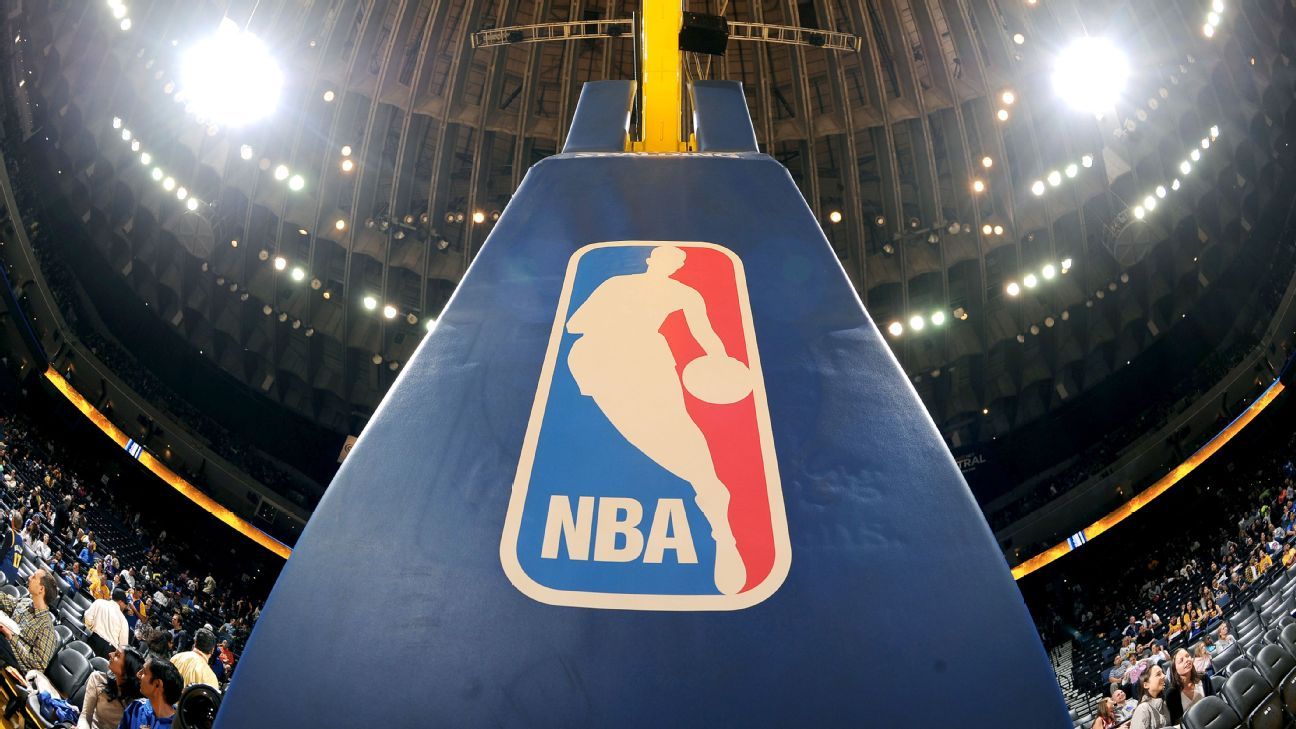
The NBA has reached an agreement with the National Basketball Players Association to extend until September the 60-day window that preserves the league's right to terminate the collective bargaining agreement in the wake of the coronavirus pandemic, sources told ESPN.
Pushing back the deadline allows for the NBA and union to gather a clearer picture of the economic losses and bargain on a number of crucial financial issues.
The NBA had the ability to terminate the CBA under the force majeure event provision for the two months starting on the March 11, when the season was suspended.
There's optimism that the NBA and union can work through these issues and agree on how the league's financial landscape will be recalibrated on a number of issues, including the 2020-21 salary cap and luxury tax thresholds, sources said.
The NBA's current CBA extends through the 2023-24 season, with a mutual opt-out available after the 2022-23 season.
This extension allows the league and union to continue trying to resume the 2019-20 season this summer, salvaging some regular-season games, carrying out the playoffs and recouping some lose revenue. Commissioner Adam Silver told the players on Friday that expenditures by fans -- through gate receipts, concessions and other game-night receipts -- constitute approximately 40 percent of the league's revenue, according to audio of tape obtained by ESPN.
The league would restart this season without fans in venues, and Silver held out the possibility on the call that it could also be possible for the start of the 2020-21 season. The NBA and NBPA share revenue on a 51-49 split of Basketball Related Income (BRI).
During a conference call with members of the NBPA membership on Friday, Silver began to prepare the players for the harsh financial realities.
"This CBA was not built for an extended pandemic," Silver said on the call, according to the audio tape. "There's not a mechanism in it that works to properly accept a cap when you've got so much uncertainty; when we'd be going in next season saying, 'Well, our revenue could be $10 billion or it could be $6 billion. Or maybe it could be less.'"















 Phone: (800) 737. 6040
Phone: (800) 737. 6040 Fax: (800) 825 5558
Fax: (800) 825 5558 Website:
Website:  Email:
Email: 






